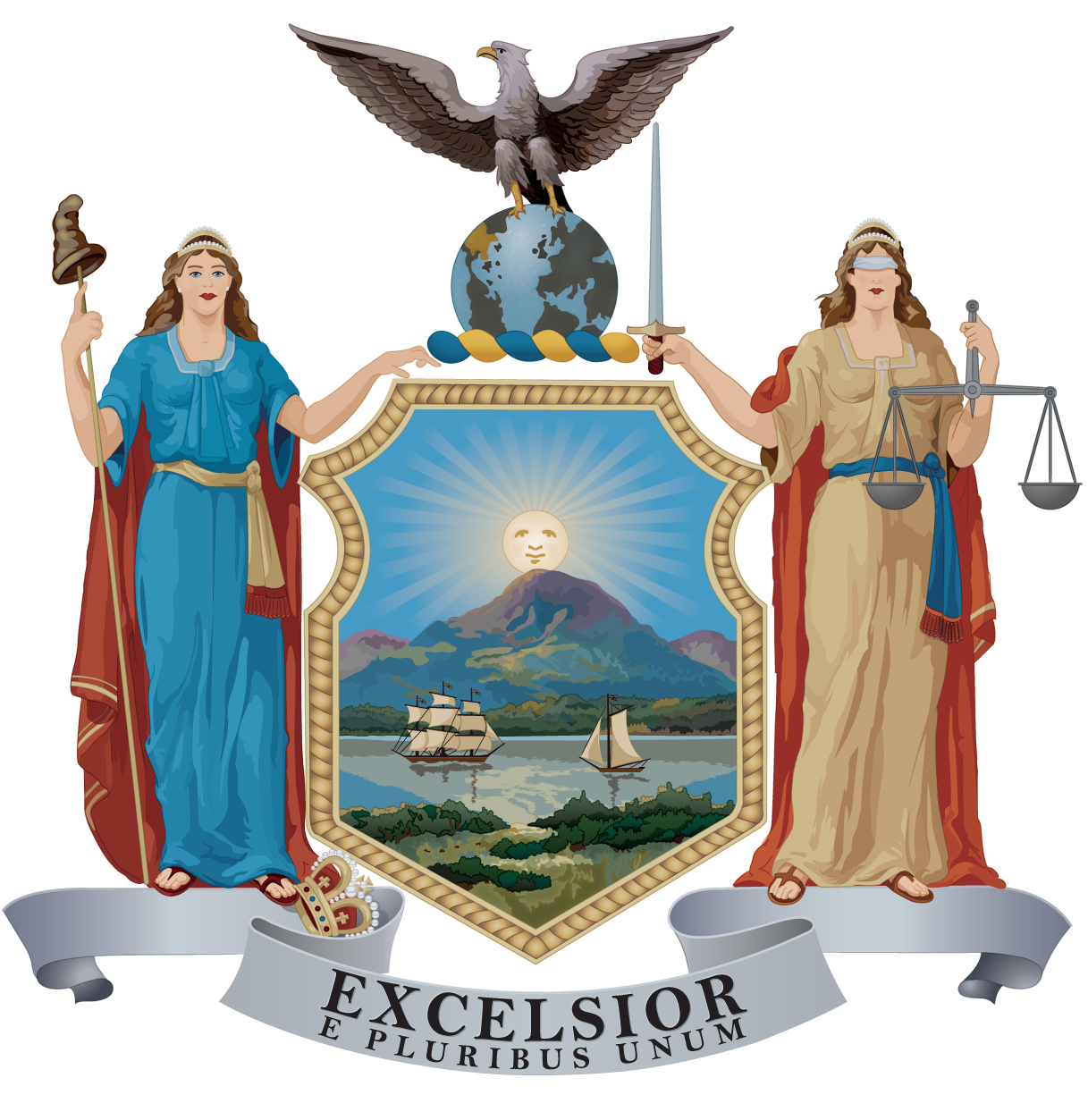April 25, 2023
Assembly Passes the Birds and Bees Protection Act
Speaker Carl Heastie and Environmental Conservation Chair Deborah J. Glick today announced the Assembly has passed the Birds and Bees Protection Act to restrict the use of neonicotinoid pesticides (A.3226, Glick).
“From the Climate Leadership and Community Protection Act to the Environmental Bond Act and every piece of legislation and budgetary funding in between, the Assembly Majority is working to protect our planet for generations to come,” said Speaker Heastie. “Today’s legislation will help protect pollinators and the critical role they play in our environment.”
“Research has shown that the risks associated with neonicotinoid pesticide use are far greater than any reward,” said Assemblymember Glick. “We know how critically important pollinators are to our planet, which is why today’s legislation is so significant. This legislation marks another victory for our environment and all New Yorkers.”
The Birds and Bees Protection Act would restrict the use of neonicotinoid pesticides on certain seeds, outdoor ornamentals and turf. It would also require the DEC, in consultation with the Department of Agriculture and Markets and SUNY ESF, to identify practicable and feasible alternatives to the use of neonicotinoid pesticides.
In June 2020, Cornell University released a state-funded report that provided a comprehensive risk-benefit analysis of neonicotinoid insecticide use in New York State. The report found that the routine use of neonicotinoid-treated seeds does not consistently increase net income for New York field corn or soybean producers and that neonicotinoid-treated corn and soybean seeds do not consistently increase expected net income compared to untreated seeds. However, widespread use of neonicotinoid-treated seeds incurs risks for insect pollinators.
Earlier today, the Assembly passed a resolution commemorating the 53rd annual Earth Day.
